Enter a surname, town name or other keyword to search the database. Remember to
allow for the different spellings of 'Mc' and 'Mac.' Good luck!
{Search tips: Use single word search terms for more results}
You must enter some valid character(s) into the search field
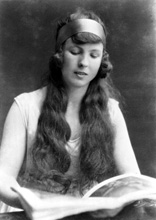
Reference: 914
Mrs MacLennan, Innes Street, I...
|
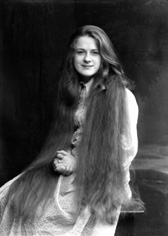
Reference: H-0222
Portrait. #...
|
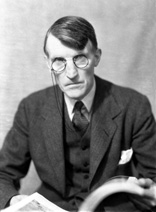
Reference: 29684b
Sir Alexander Malcolm MacEwen,...
|
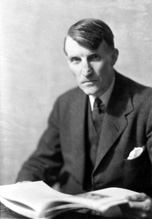
Reference: 29684a
Sir Alexander Malcolm MacEwen,...
|
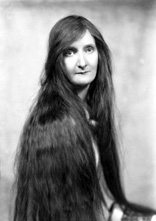
Reference: 28763
Portrait. #...
|
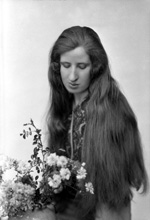
Reference: 26120
Nurse Jessieman. ...
|
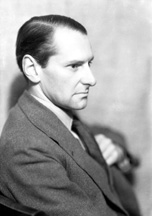
Reference: 29447c
Professor Charles Bernard Chil...
|
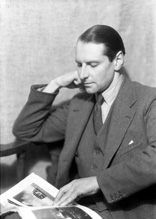
Reference: 29447b
Professor Charles Bernard Chil...
|
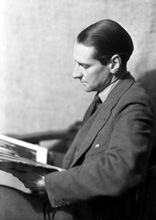
Reference: 29447a
Professor Charles Bernard Chil...
|
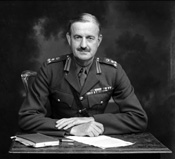
Reference: 46461f
Brigadier (later General) Sir ...
|
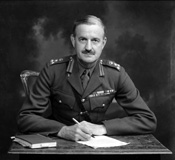
Reference: 46461e
Brigadier (later General) Sir ...
|
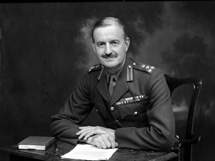
Reference: 46461d
Brigadier (later General) Sir ...
|